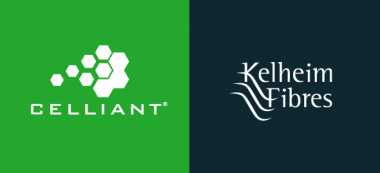Lenzing: Earnings more than doubled in first nine months of 2021
The Lenzing Group reported a significant year-on-year improvement in revenue and earnings in the first nine months of 2021 thanks to the largely positive market environment. Growing optimism in the textile and apparel industry and the recovery in retail led to a substantial increase in demand and prices on the global fiber market, particularly at the start of the current financial year.
Revenue rose by 32.9 percent to EUR 1.59 bn in the first nine months of 2021. This increase is attributable to a higher sales volume as well as higher viscose prices, which stood at more than RMB 15,000 in May thanks to significantly higher demand for fibers, especially in Asia. The focus on wood-based specialty fibers such as the TENCEL™, LENZING™ ECOVERO™ and VEOCEL™ branded fibers also had a positive impact on the revenue trend; the share of specialty fibers in fiber revenue amounted to 72.4 percent in the reporting period. This more than offset the negative impact of less favorable currency effects.
The earnings performance essentially reflects the positive market trend and was additionally reinforced by efficiency-enhancement measures. Energy, raw material and logistics costs increased significantly during the entire reporting period. EBITDA (earnings before interest, tax, depreciation and amortization) more than doubled to EUR 297.6 mn in the first nine months of 2021 (compared to EUR 138.5 mn in the first nine months of 2020). The EBITDA margin rose from 11.6 percent to 18.7 percent. Net profit for the period amounted to EUR 113.4 mn (compared to a net loss of EUR minus 23.3 mn in the first nine months of 2020) and earnings per share to EUR 3.77 (compared to EUR minus 0.1 in the first three months of 2020).
Lenzing Group
Lenzing AG





















